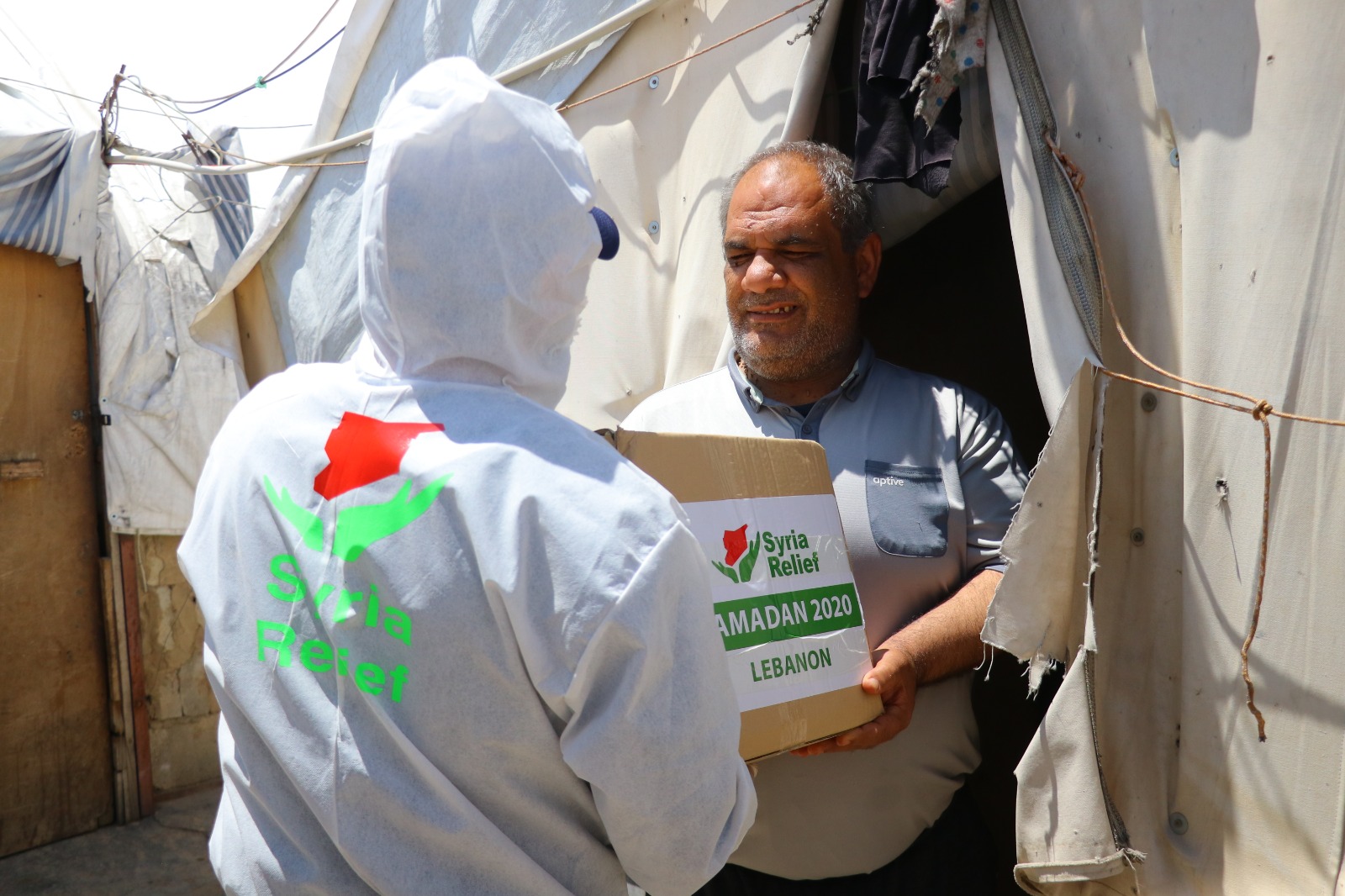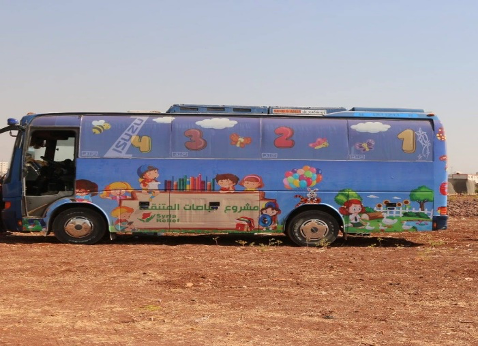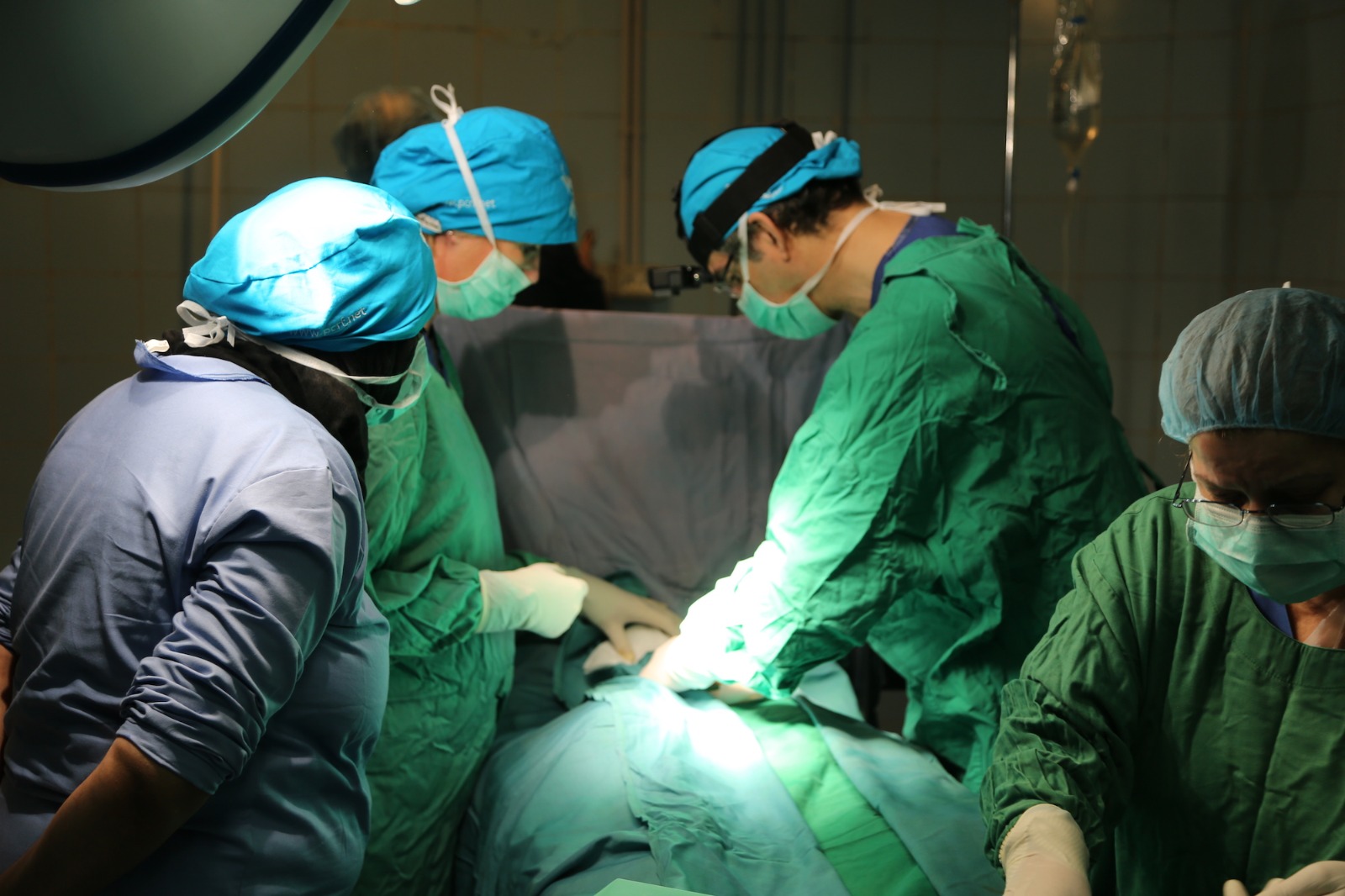Rooted in the local: Syria Relief to mark 10th anniversary responding to humanitarian crisis in Syria
Over the last 10 years CHS Alliance member Syria Relief has become a global leader in providing aid throughout the Syrian conflict. However, it is the organisation’s commitment to localisation rooted in its diaspora origins, which has driven world-leading humanitarian outcomes.
The war in Syria is nearly at its 10th anniversary. It remains one of the world’s most complex humanitarian crises. This terrible conflict continues to ravage many areas of Syria, with the complexity and scale of humanitarian needs continuing to be both extensive and severe.
Since the onset of the crisis, the conflict has led to more than half a million deaths and displaced an estimated 13 million— more than half of Syria’s pre-war population. Constant conflict has led to a sustained erosion of livelihoods and communities, and the world’s biggest displacement crisis since the Second World War.
This year we will commemorate not only the 10th anniversary of the Syrian conflict, but also 10 years since Syria Relief, Europe’s largest multi-sector Syria-focused NGO, was founded. Syria Relief has provided humanitarian aid to nearly 10 million people, which represents 55% of the current population.

Food aid distribution in the Syrian refugee camps in Lebanon. © Syria Relief.
Today, Syria Relief is working towards application of the Core Humanitarian Standard on Quality & Accountability (CHS) in all that we do. As a diaspora-led organisation, we have always placed people affected by crisis at the centre of our work, and so we find the CHS a hugely useful tool to measure and improve our performance on the Commitments we owe those we serve.
A localised beginning – from afar
Nearly a decade ago, the rapidly unfolding crisis in Syria forced a group of friends of Syrian heritage living in the UK to join together and provide humanitarian aid to those affected by the tragedy. These grassroots actions resulted in the formation of the NGO Syria Relief.
Speaking with our co-founder and Chair of Trustees, Dr Ayman Jundi, a former doctor in Syria, now – amongst many other roles – a consultant in the UK’s National Health Service about the history of the organisation, it is clear that a commitment to localisation has been a consistent thread throughout the organisation’s history. This connection to the local remains the driving force of the organisation.
“Syria Relief was set up by four Syrian expats in the UK – two doctors, a dentist and a finance manager – with the aim of providing aid to the growing humanitarian crisis in Syria.” To Syrians, like Dr Jundi and the other co-founders of Syria Relief, it’s clear that this wasn’t something which was happening on the news. This was something which was happening to them.
“It was initially Syrians in the UK using their local knowledge and local contacts to deliver emergency aid such as tents for displaced people and non-perishable food. We realised this conflict would be a protracted one and the humanitarian needs were spiralling, so it soon grew into providing emergency medical care to victims of the conflict in the hardest-to-reach areas and capacity and skills-building training to medical staff inside Syria.”
The Syrian conflict has been a series of brutal, bloody, inhumane battles and sieges. There has been regular, and still are in areas like Idlib, instances of desperate humanitarian need. The people trapped within the conflict lines desperately need humanitarian aid and medical assistance and it is only through local knowledge and local networks that this can be best achieved. This, we believe, is how Syria Relief has managed to have such a positive impact in hell-on-earth conditions.

Food aid distribution in the Syrian refugee camps in Lebanon. © Syria Relief.
A Syrian-led recovery
However, it isn’t just our humanitarian emergency interventions which are driven by a passion for localisation. Syria Relief is helping other Syrian civil society and grassroots organisations to become more resilient, sustainable and effective. This means that future humanitarian crises in the country and the post-conflict development are Syrian-led, not just Syria Relief-led.
Syria Relief believes that local organisations can not only respond efficiently and effectively to crises, but can also help international humanitarian actors in preparedness, long term recovery and resilience building. Considering this, Syria Relief provides support to its local partners in terms of building their technical and management capacities through regular training programmes.
Mazen Housseiny, our Damascene Organisational Development Manager, explains how we achieve this transfer of knowledge and power: “Our humanitarian projects; health, nutrition, WASH, education, protection, Food Security and Livelihoods and Non-Food Items are divided into three levels: Technical, Operational and Organisational. Syria Relief’s responses to affected communities are targeted, they are more than just delivering humanitarian assistance. Our aim is to create a positive impact that will develop stronger communities and more sustainable services.”
“We do this through two integral pillars – the first is to continually provide capacity strengthening support to local NGOs and CSOs by providing organisational development training, coaching, mentoring and consultancies on those three levels: Technical, Operational and Organisational. Through this we hope we can ensure other grassroots Syrian organisations learn from our experience on delivering aid, governance and diversifying funding.”
“The second pillar is through our participation in national, regional and global forums highlighting the needs for more localisation from INGOs, UN bodies and donor governments and throughout research that shows the impact of localisation within the targeted context to empower the voice of Syrians.”

Access to health interventions in Syria. © Syria Relief.
Throughout the past 10 years Syria has been one of, if not the, most dangerous places in the world and the conflict and humanitarian suffering are far from over. Syria Relief has met these needs and will continue to meet future challenges through embracing localisation to keep achieving world-class outcomes.
If you are interested in working with us to implement any humanitarian projects inside the hardest-to-reach parts of Syria, please contact our Global Head of Institutional Funding and Strategic Partnerships, Arif Syed Muhammad: arif.syed@syriarelief.org.uk.
To find out more about CHS Alliance’s work on strengthening localisation in aid, get in touch with our Senior Advisor on CHS and Outreach, Bonaventure Sokpoh: bsokpoh@chsalliance.org.
